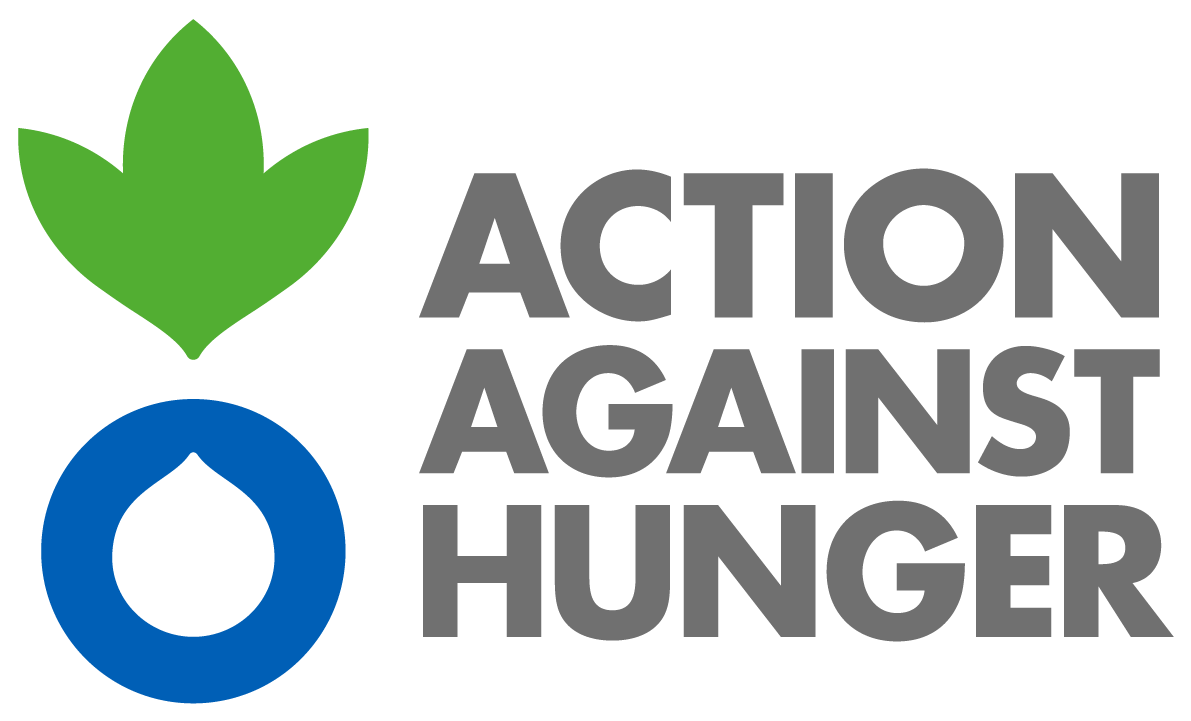Cholera on Rise As New Analysis Finds Only 36% of World Water Funding Needs Met
In Advance of World Water Day, Action Against Hunger Calls for Support to Close the Water Funding Gap
NEW YORK, March 19, 2024 /3BL/ - Action Against Hunger today released the 2024 Water Funding Gap report, revealing that globally, only 36% of appeals for water- and sanitation-related funding were met in 2023, leaving a 64% gap. The aid shortfall comes as the need for assistance is intensifying, with 3.6 billion people worldwide lacking adequate sanitation, leaving them even more susceptible to water-borne diseases and malnutrition. The report, released in advance of World Water Day on March 22, examines data from countries with the most urgent needs seeking financial support for water, sanitation, and hygiene (WASH) programs through the UN humanitarian system.
“The climate crisis is accelerating droughts and floods, making safe, clean water even more scarce for millions around the world. This report underscores that greater action is needed,” said Dr. Charles Owubah, CEO of Action Against Hunger. “The global community needs to quadruple its progress on water and sanitation programs to meet UN Sustainable Development Goal (SDG) 6. However, the 2024 Water Funding Gap report shows a pattern of inconsistent and unreliable funding for WASH programs.”
Alongside the dire need for WASH funding is an upsurge in cholera worldwide, with a new case every 45 seconds and more than 4,000 deaths reported in 2023. Cholera is an infection caused by the bacterium Vibrio cholerae, which can seep into food and water supplies, typically impacting populations that lack access to safe and clean water sources. This makes people trapped in crowded and unsanitary conditions, from refugee camps to rural villages, more likely to contract the waterborne disease.
“Cholera is known as the disease of inequity. Despite being preventable and treatable, it can mean death for families facing poverty and hunger,” said Tobias Stillman, Director of Technical Services at Action Against Hunger. Without urgent humanitarian intervention, the death toll will continue to rise among these vulnerable populations.”
While treatment is typically straightforward, access to even rudimentary health care is a life-threatening challenge where cholera thrives. Without a concerted response from the international community, such as increased WASH funding, the death tolls from cholera and other waterborne diseases will continue to rise. Countries seeing a rise in cholera include Haiti, the poorest country in the Western Hemisphere; Sudan, which is experiencing unparalleled violence and hunger; and Syria, which has experienced 12 years of conflict leading to economic collapse, destroyed infrastructure, and widespread hunger.
The new Water Funding Gap report looked at water-related funding appeals in 33 countries including: Afghanistan, Burkina Faso, Burundi, Cameroon, Central African Republic, Chad, Colombia, Democratic Republic of Congo (DRC), El Salvador, Ethiopia, Guatemala, Haiti, Honduras, Kenya, Lebanon, Libya, Madagascar, Malawi, Mali, Mozambique, Myanmar, Niger, Nigeria, Occupied Palestinian Territory, Pakistan, Somalia, South Sudan, Sudan, Syrian Arab Republic, Turkey, Ukraine, Venezuela and Yemen.
The report revealed that fulfillment of water-related funding appeals varies widely, from a low of 0.7% (El Salvador) to a high of 212.5%, which came in response to Libya’s emergency appeal following severe floods that damaged sanitation infrastructure in the fall of 2023. It would take an additional $1.9B to fully satisfy all 2023 water-and sanitation-related appeals.
The report considered both the overall funding levels of WASH programs in 2023 as well as funding for countries that experienced “crisis” levels of hunger in 2022 (see 2024 Hunger Funding Gap Report). Strikingly, despite the deep connection between water and hunger, no 2023 water-related funding appeals were wholly met across 17 countries that experienced “crisis” levels of hunger in 2022.
“We found that a greater hunger burden does not result in greater funding for water programs,” said Michelle Brown, Associate Director of Advocacy for Action Against Hunger USA. “For two billion people, a lack of access to safe drinking water isn’t just an issue on World Water Day, it’s every day.”
The report reflects Action Against Hunger’s analysis of the United Nations Office for the Coordination of Humanitarian Affairs (OCHA) Financial Tracking Service as well as the Integrated Food Security Phase Classification Population Tracking Tool (IPC).
# # #
About Action Against Hunger
Action Against Hunger leads the global movement to end hunger. We innovate solutions, advocate for change, and reach 28 million people every year with proven hunger prevention and treatment programs. As a nonprofit that works across 55 countries, our 8,900 dedicated staff members partner with communities to address the root causes of hunger, including climate change, conflict, inequity, and emergencies. We strive to create a world free from hunger, for everyone, for good.

